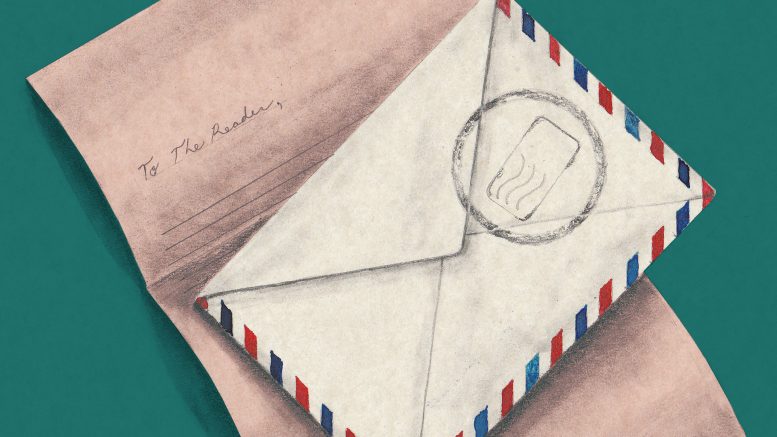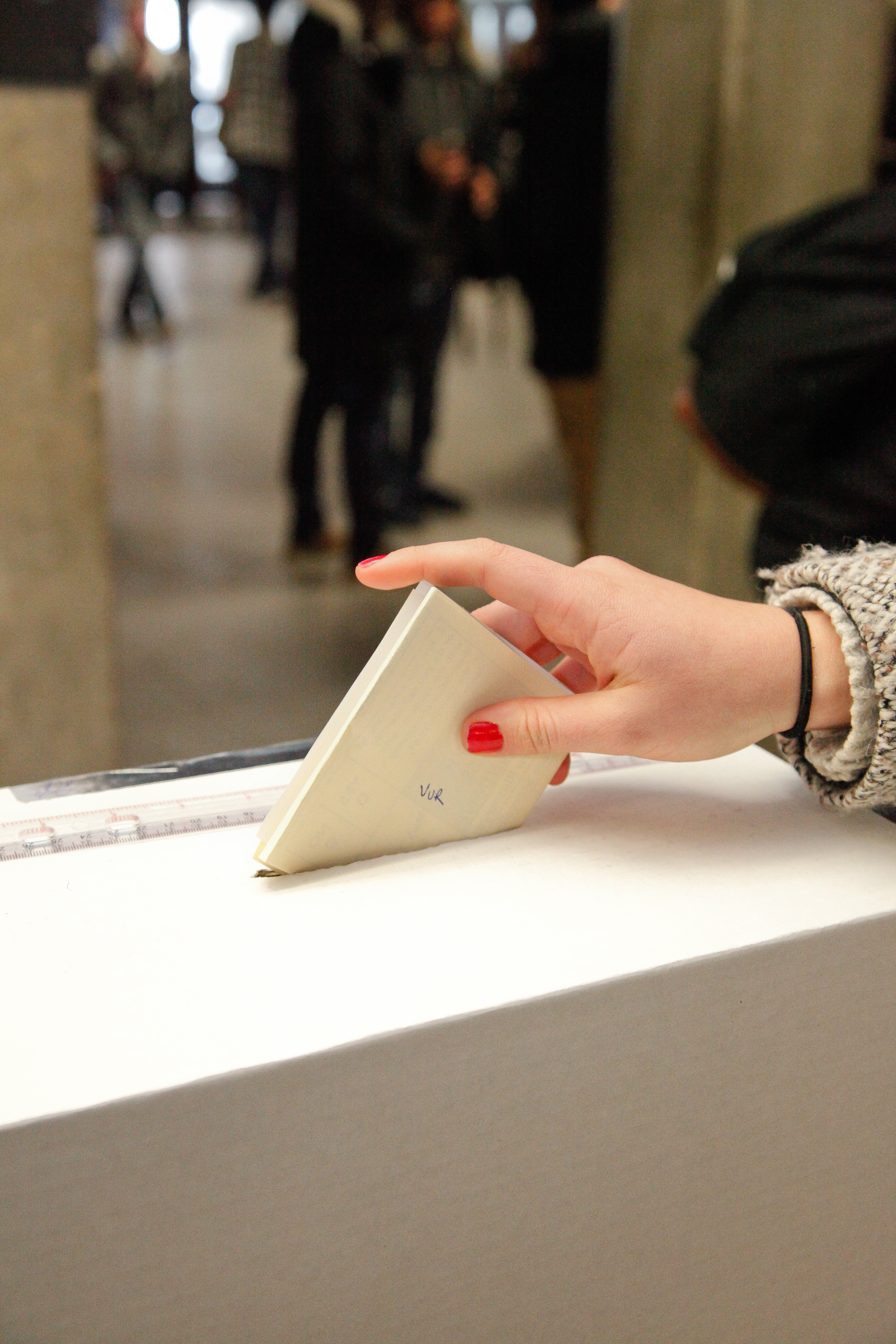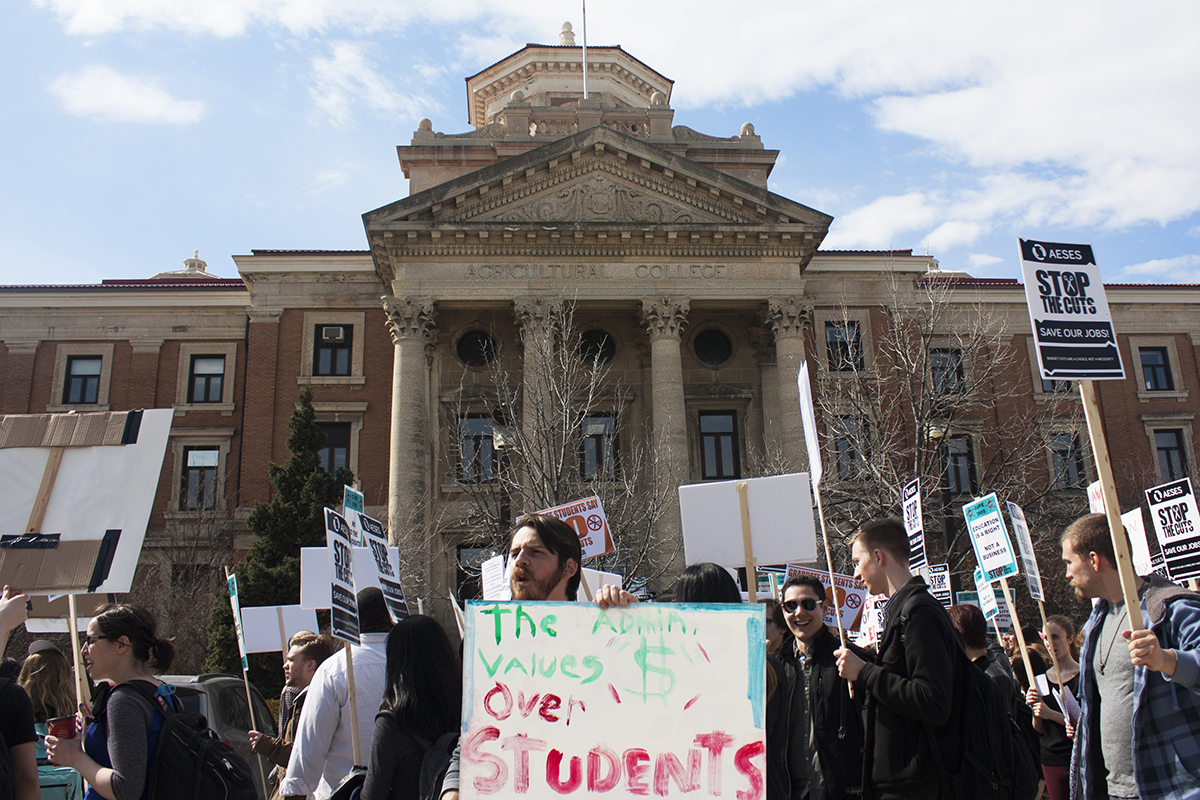I am writing in response to Haskel Greenfield’s Dec. 18 letter, which was a response to Ben Baader’s Dec. 5 letter in support of suspended nursing student Arij Al Khafagi. I will begin by addressing the context.
The Jewish world was rocked by the horrific, violent Hamas attacks of Oct. 7, which targeted Israeli soldiers, but mostly Israeli civilians of all ages.
Many of us have also been deeply shaken (and hundreds of American Jews have been arrested protesting) the death and destruction wrought by the Israeli military on the people of Gaza ever since. The military’s intention may be to target Hamas, but it has killed many more civilians than Hamas fighters, including thousands of children. My friend from Gaza has lost over 50 family members — so many that she has not had the “luxury” of grieving for them all as individuals. Another Winnipegger has lost more than 60 family members. In both cases, all were civilians.
This violence is not just about those killed, it is also the staggering number of people injured, children orphaned, the starvation, spread of disease and the massive destruction of civilian infrastructure. We can only imagine the toll this destruction will take on Palestinian and Israeli lives in coming years and decades.
I grew up, like many in the Jewish community, associating the state of Israel with the best parts of myself, with my highest aspirations. I understand that criticism of the Israeli state’s treatment of the Palestinian people can be difficult to hear — it can even feel like a personal attack. However, silencing such criticism, and/or retaliating against the critics, does not make things better — it makes things worse.
As discussed in the letter I am responding to, University of Manitoba nursing student Al Khafagi was suspended for her social media posts, one of which was a political cartoon equating the Israeli military’s current actions with those of the Nazis. These posts were labelled antisemitic, which they are not, unless one accepts the International Holocaust Remembrance Alliance (IHRA)’s definition of antisemitism.
This definition was called “vague and incoherent” by 128 scholars who urged the United Nations not to adopt it. Over 60 human rights and civil society organizations made the same plea. The Jerusalem Declaration on Antisemitism provides a more specific, less politicized definition.
In recent years, the University of Toronto appointed an Antisemitism Working Group (AWG) as part of a larger commitment to countering racism and discrimination. Noting the controversy, and the unique role universities play in promoting discussion, it recommended that the university not adopt any of the recently proposed definitions.
The ongoing attempts to silence solidarity with the Palestinian people seem to be taking a new turn: appeals for safety. In his letter, Greenfield quotes the U of M’s Respectful Conduct policy: “We all have the right to feel safe and accepted.” This is certainly a noble guiding principle, but it’s subjective. If a student says they feel unsafe or not accepted, who could disagree with them? However, as the U of T’s AWG noted, “discomfort and offense are the unavoidable concomitants of open discussion.” Where is the line between lack of safety, acceptance and discomfort?
Perhaps the University of Manitoba should appoint an antisemitism working group similar to the U of T’s. Addressing antisemitism, along with other forms of racism, is important. It is also important that members of the U of M community are able to criticize nation-states that commit human rights violations. I am concerned that Al Khafagi’s suspension will send the message to other students that they must not speak up on this issue — a silencing which would not be good for anyone.
Interestingly, Greenfield ends his letter by invoking Martin Niemoller’s famous post-Holocaust quote, which reads:
“First they came for the socialists, and I did not speak out — because I was not a socialist.
Then they came for the trade unionists, and I did not speak out — because I was not a trade unionist.
Then they came for the Jews, and I did not speak out — because I was not a Jew.
Then they came for me — and there was no one left to speak for me.”
While it is puzzling to see this poem quoted by a Jewish professor in a rebuke to another Jewish professor — even more so because he quotes only the last two lines — I agree with Greenfield that the poem speaks to “the moral connectedness of all people.”
To me, it is even more than that. This poem is powerful precisely because the speaker does not belong to any of the groups who are targeted. It is a call for solidarity. Niemoller does not specify who “they” are, which is also poignant — perhaps suggesting that it doesn’t matter who they are, it’s about what they do. Right now, they have come for the Palestinians.
Daniel Thau-Eleff is a playwright, master’s student in Peace and Conflict Studies, and the recipient of the 2018 Manitoba Human Rights Commitment Award.




